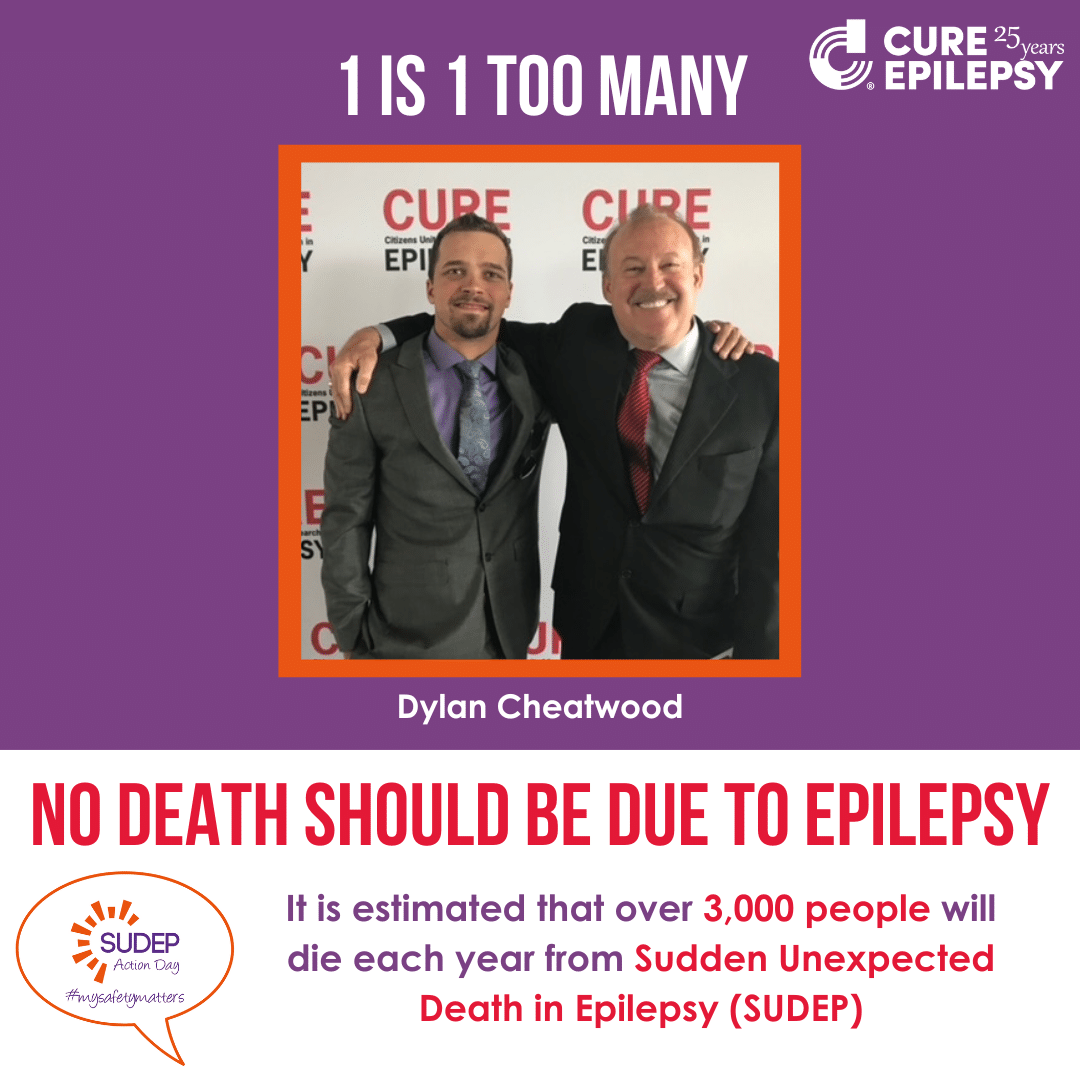SUDEP and Seizure Safety Communication: Assessing if People Hear and Act
September 21, 2018
BACKGROUND: Sudden unexpected death in epilepsy (SUDEP) is a leading cause of death among people with chronic epilepsy. People with intellectual disability (ID) are overrepresented in this population. The SUDEP and Seizure Safety Checklist (“Checklist”) is a tool to discuss risk factors influencing seizures and the risk of SUDEP. It includes questions about the availability of nocturnal monitoring. In Cornwall UK, people with epilepsy and ID and their relatives and carers are routinely advised to consider nocturnal surveillance to reduce harm from potential nocturnal seizures. We assessed the retention of advice provided on nocturnal monitoring and if there were differences between those in residential care and those living with their families.
METHODS: A postal questionnaire was sent to carers of all people with epilepsy and ID in Cornwall followed by the adult specialist ID epilepsy service. All those who were contacted had received the same advice on SUDEP and nocturnal monitoring at least once in the past year. Each person was categorized into living in a residential setting or with their family group. Intergroup differences were compared using Fisher’s exact test.
RESULTS: Carers for 170 people were contacted and 121 responded (71%). The family group had statistically more nocturnal seizures than the residential group. While there was no difference in the awareness of SUDEP, the groups differed in their recollection of the person-centered discussion of risk with carers in residential setting being less aware. Where nocturnal monitoring advice was given, it was followed, and previously unknown seizures were identified in 75%.
CONCLUSIONS: Carers in residential settings are less likely to recall specific person-centered discussion of risks to the individual they support as compared with those living with families, although general awareness of SUDEP and implementing advice such as nocturnal monitoring is present equally in both groups. In improving detection of nocturnal seizures, audio monitoring may be a useful strategy to reduce risk of harm for people with intellectual disability.






